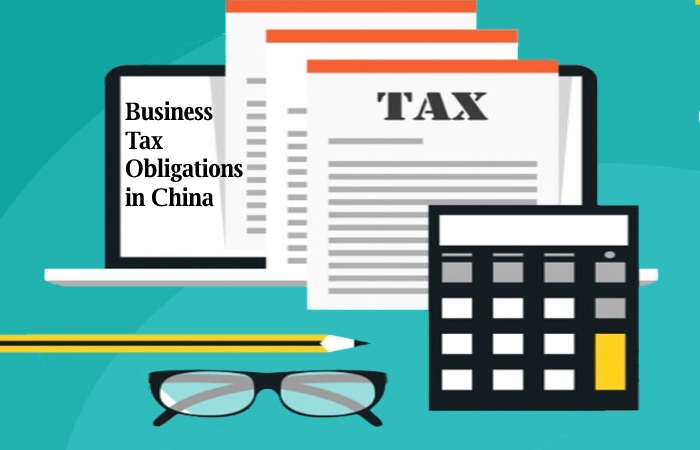China is a global economic powerhouse. In the last 40 years, the Chinese economy has grown at supersonic speed, rising like a phoenix into the second-largest economy. In 2021, the GDP growth of China grew by 8.5% and hit US$18.46 trillion. This makes it only second to that of the United States, but it is already far ahead when calculated by purchasing power parity (PPP). Now that China’s economy is showing no sign of slowing down, it means that it is an excellent jurisdiction for expanding a company offshore.
As you prepare to register a company in China, or perhaps it is already up and running, one of the things that you must get right is taxes. China takes matters of taxes seriously, and we must say: there is no option of getting it wrong. If you do, the business can get slapped with hefty fines or the licence cancelled. To get it right, you should consider using tax advisory and compliance services in China. Keep reading as we dig deeper into business operations and taxes in China.
Table of Contents
Business Tax Obligations in China
The China taxation system pools a wide range of taxes, which you need to understand and comply with. The tax laws and policies in China are created by different bodies, including the Ministry of Finance (MOF) and the State Administration of Taxation (SAT). Here are the main tax obligations:

Corporate Income Tax
The corporate income tax (CIT) in China is 25% for all businesses. The rate is equal for both local and wholly foreign-owned enterprises (WFOE) following the passing of the Corporate Income Tax Law back in 2008. However, your company might qualify for lower tax rates, especially if it is in the advanced technology niches. When calculating CIT for companies, the tax authorities factor in the business’s total income and deduct allowable deductions. Here are the main deductions:

- Costs and expenses incurred by a business.
- Charitable donations.
- Other taxes and losses affecting the business.
- Depreciation of business assets.
- Possible reductions anchored on tax incentives.
Withholding Taxes
Withholding tax in China applies to payments from revenue paid to non-resident enterprises. When dealing with such payments, you are required to withhold taxes before remitting them to tax authorities. The rate of withholding tax in China is 10%, but it can change with the passing of new policies in the country. Withholding tax in China applies to:
- Dividends.
- Royalties.
- Interest.
- Rent.
Value Added Tax (VAT)
Value-added tax is applied as a consumption tax and is calculated based on the invoice sale for the products from your business. It was introduced in China in 1984 but was reformed between 2012 and 2016 to include all goods and services. The rate of VAT for businesses is calculated using the formula below:
VAT Payable = Output VAT – Input VAT
Using Tax Advisory and Compliance Services in China
The tax obligations we have listed above are only a few. The list can be way longer, including consumption tax, business tax, and stamp tax. Therefore, compliance is usually a huge challenge for most companies. This is why you need to bring on board a professional to help with matters of tax. Here are some of the main benefits of working with China’s tax advisory and compliance services.
- Help determine which taxes you need to pay to be compliant.
- Calculating the exact amounts that your business should pay to the government.
- Filing tax returns on time.
- Helps you to concentrate on the core activities of your business as experts take care of tax matters.
- Can come in handy in helping with other executive functions, such as accounting and payroll management.
- Crucial in helping your business build a good strategy for growth and success.
As you can see, working with tax advisory and compliance services in China comes with many benefits for your company. This can help give you more confidence and craft strategies that guarantee faster growth. Remember to only work with the best tax advisory and compliance services in China, such as Primasia.
